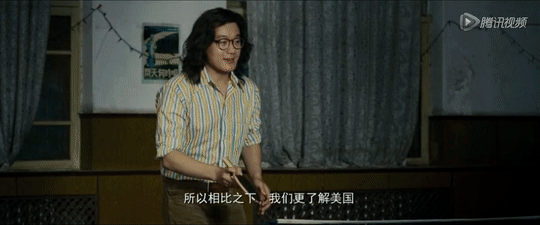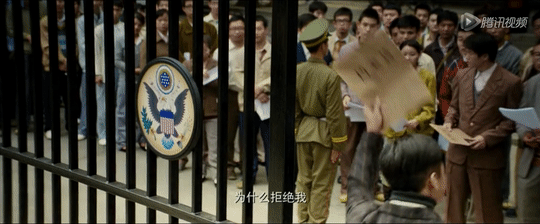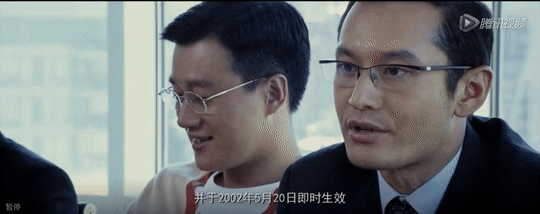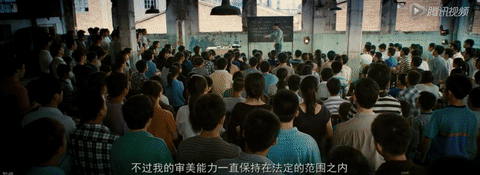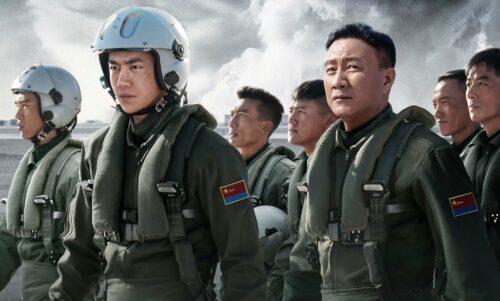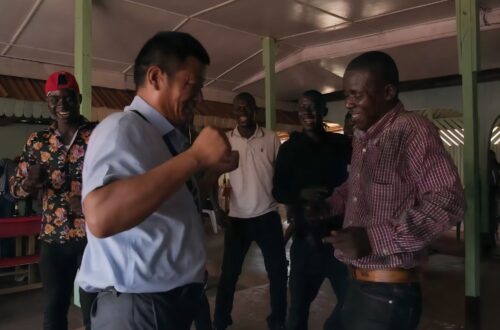Film Friday: ‘American Dreams in China’ perfectly captures the Chinese dream
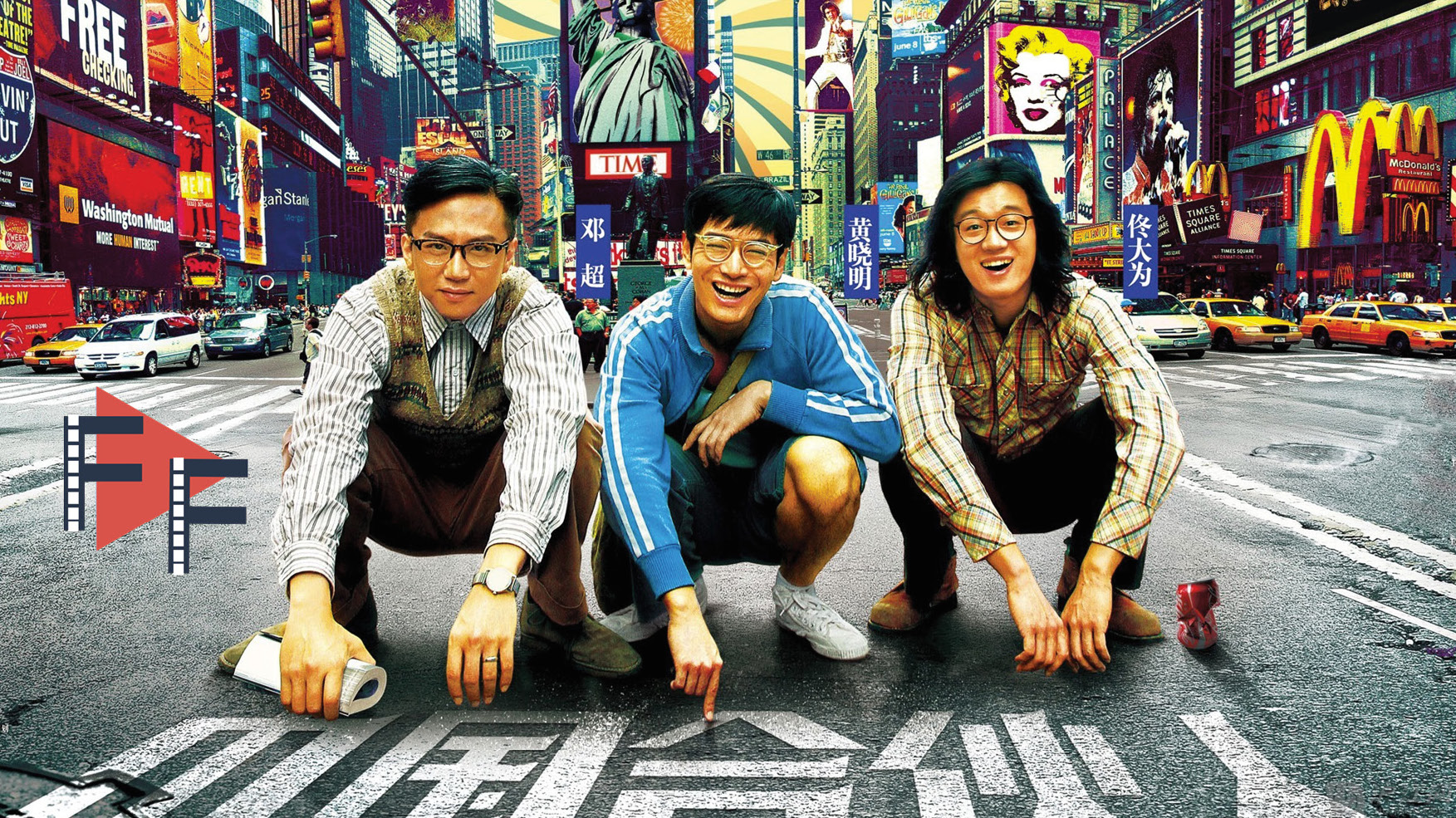
Hong Kong director Peter Ho-Sun Chan’s 2013 drama American Dreams in China (中国合伙人 zhōngguó héhuǒrén — literally, “Chinese partners”) begins in the 1980s, during a time when China’s idealistic, dynamic, and spirited college students dreamed of adventure, such as studying in America. The story follows three Chinese students who aspire to not only go to the U.S., but to make it big; it depicts their loves and heartbreaks, and the sacrifices they must make to realize their dreams.
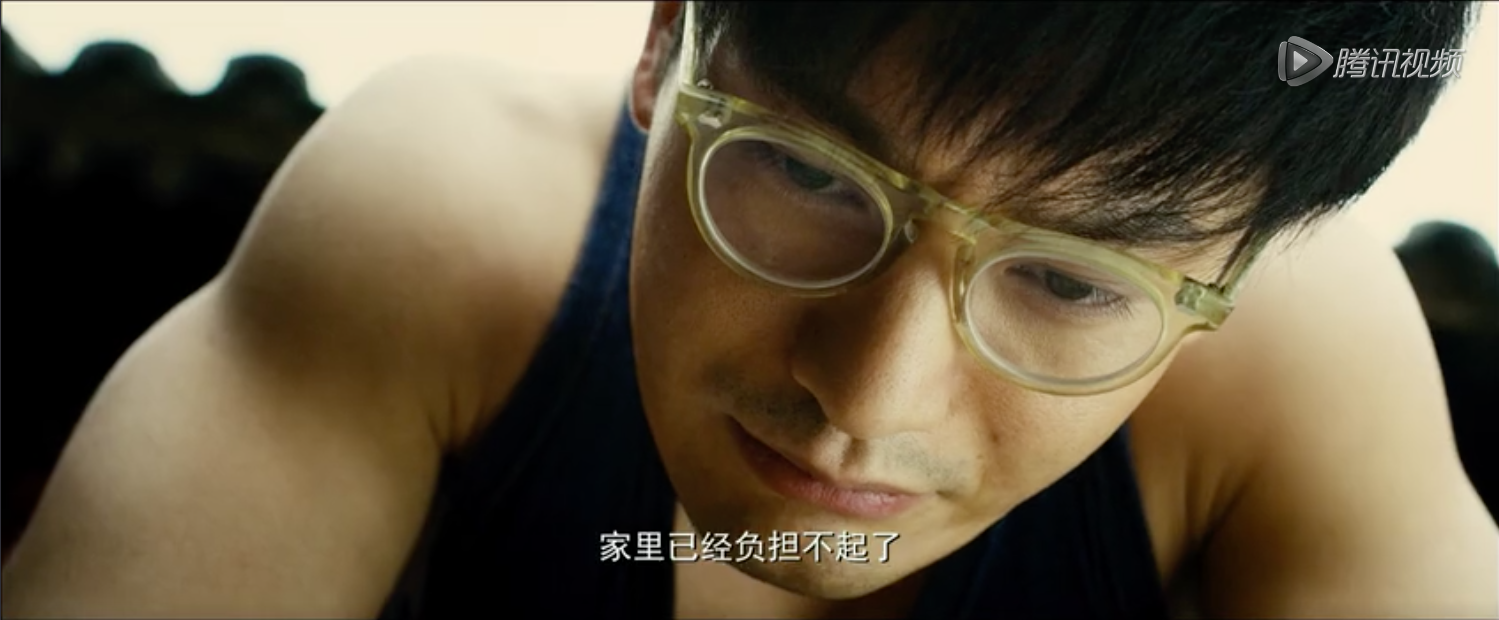
Cheng Dongqing 程东青 (played by Huang Xiaoming 黄晓明) is a student from an impoverished rural Chinese family. To change his fate, he takes the national college entrance exam — the gaokao — three times, until he is finally admitted to Yenching University (a reference to Peking University), where he encounters Meng Xiaojun 孟晓骏 and Wang Yang 王阳.
Meng Xiaojun (Deng Chao 邓超) hails from a family of intellectuals; both his father and grandfather have studied in the U.S., making it natural for him to make the same choice. Obsessed with Hollywood movies, Wang Yang (Tong Dawei 佟大为) keeps his hair long, writes poems, and dates an American girl named Lucy (Claire Quirk); he is a quintessential Westernized college student during China’s reform and opening period, when China held liberal views toward foreign cultural influence.
To Meng and Wang, Cheng Dongqing is a country bumpkin — or “tubie” (土鳖, literally “soft-shelled turtle”) — who works diligently yet has neither vision nor ambition. Meng tells him: “If you truly want to change the world, to change the people around you, and to change your own destiny, there is only one place to go: America.” Meng’s words inspire Cheng to apply to U.S. universities.
A few years later, Meng Xiaojun walks out of the U.S. embassy with a visa. “U.S.A., here I come,” he proudly declares, while the crowd cheers.
Cheng Dongqing and Wang Yang’s applications are rejected, leaving Cheng no choice but to become an English lecturer at his school. But it’s this rejection that sets him on a path that no one foresees: he will eventually help bring more Chinese students to the U.S. than anyone.

Cheng attempts to tutor English outside the university to support his girlfriend Su Mei 苏梅 (Du Juan 杜鹃) while she applies for U.S. universities. Of course, once she receives a visa and leaves for America, their relationship withers. She eventually settles down in the U.S., and much later, there’s a scene in which she re-encounters Cheng with her half-white child, reminding Cheng of his bitter past.
Things do not go well for Cheng, professionally. His job as a lecturer gets taken away, and with no alternative, Cheng begins a private English-tutoring business inside China’s first KFC, where costs are kept to a bare minimum.
Around this time, it’s Wang Yang’s turn to experience heartbreak: Lucy leaves him to return, alone, to America. Bursting into tears, Wang cuts his hair and burns all his poems, since “no one will publish them anyway,” as he tells Cheng. He realizes he isn’t the unorthodox maverick he fashioned himself to be, but simply ordinary, like everyone else. Wang joins Cheng’s business and becomes an English teacher. To him, the spirit of the 1980s — defined by reverie and yearning — is gone.

Across the Pacific, Meng Xiaojun — who once harbored fantasies of changing the world — ends up struggling to make ends meet while cleaning dishes at a restaurant. Upon a visit home, Meng sees the success of Cheng and Wang, who pick him up from the airport in an Audi limousine. Meng decides to not return to the U.S., but to join Cheng and Wang’s English tutoring school, New Dream, in an abandoned factory with more than two thousand students applying to overseas universities.
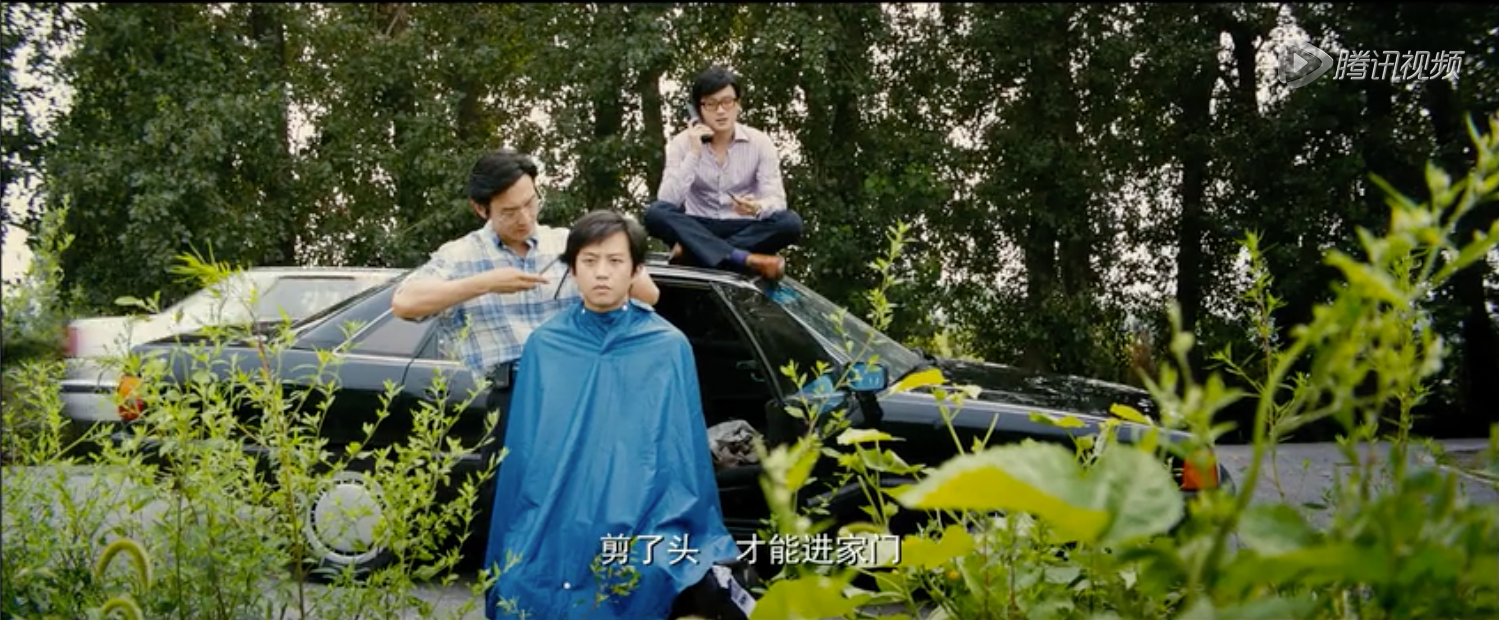
As New Dream expands and becomes China’s largest education company, the trio faces challenges both personal and professional. An American testing agency sues the company for plagiarizing its materials, while the decision whether or not to go public tests the friendship between Cheng and Meng.
The legal proceedings that follow are melodramatic and might be the film’s weakest part, but there is a scene, in a New York boardroom, in which Cheng Dongqing utters a line that has particular resonance: “Chinese students are extremely adept at taking exams. You can’t imagine what they are willing to go through to succeed. You don’t understand China,” Cheng says, in English — and you can almost imagine Chinese audiences standing up and applauding. It is a dramatic moment, perhaps the emotional climax of the film, capable of making viewers forgive the slightly nationalistic undertone.
American Dreams in China — which pulled in a healthy 539 million RMB ($81 million) at the box office — is loosely based off the story of Michael Minhong Yu 俞敏洪, Bob Xiaoping Xu 徐小平, and Victor Wang 王强, founders of New Oriental, the best-known education company in China. In real life, the Educational Testing Service accused New Oriental of copyright infringement, representing a landmark intellectual property case between a Chinese and an American company. Michael Yu, the real-life model for Cheng Dongqing, is the chairman of New Oriental and one of China’s most prominent public speakers. Bob Xu and Victor Wang, represented by Meng Xiaojun and Wang Yang, founded ZhenFund — China’s largest angel investment fund — in 2011.

The movie also features a deliberate selection of music, including the songs Rock ‘N’ Roll on the New Long March 新长征路上的摇滚 and Greenhouse Girl 花房姑娘, both by Cui Jian 崔健 — the godfather of Chinese rock — who introduced rock music to China in the late 1980s. Boundless Oceans, Vast Skies 海阔天空, from Hong Kong band Beyond, and The Story of Time 光阴的故事, from Taiwanese singer Lo Ta-yu 罗大佑, tap into the nostalgia of a time — just after reform and opening — when mainland China began to welcome Hong Kong and Taiwanese cultural imports.
Forget, for a moment, about Xi Jinping’s political slogan about the “Chinese dream.” American Dreams in China is not only about three businessmen, but an entire generation of Chinese people who, after the Cultural Revolution ended, saw the possibility of a new beginning and dared to strive for their dreams. It is a movie about effort, and the rewards. As Cheng Dongqing tells his students: “When you fall into water, you won’t drown; but if you stay in the water, you will. You have to swim, and never stop.”
Film Friday is The China Project’s film recommendation column. Have a recommendation? Get in touch: editors@thechinaproject.com

